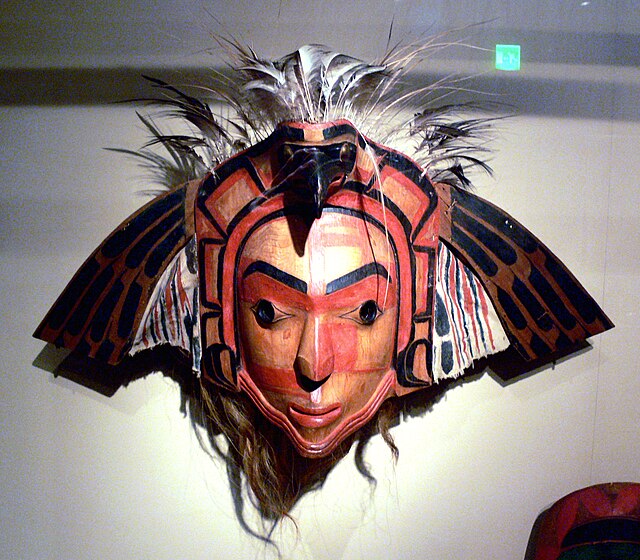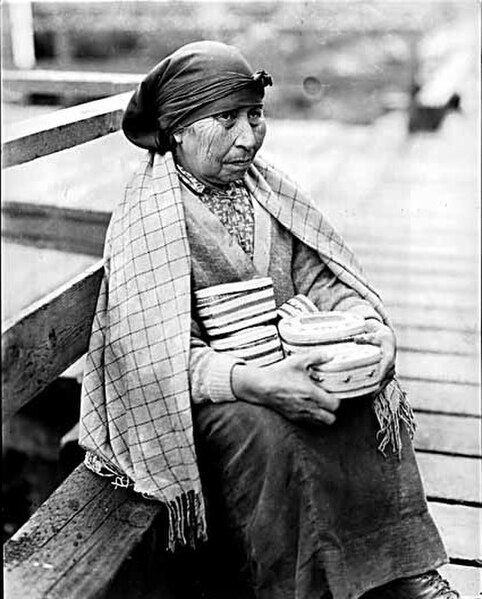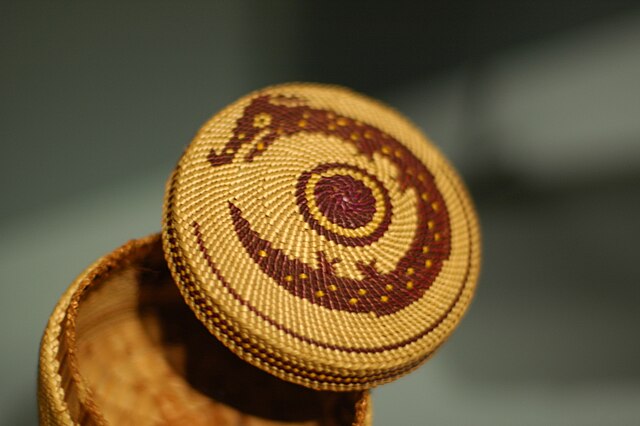The Nootka Crisis, also known as the Spanish Armament, was an international incident and political dispute between the Nuu-chah-nulth Nation, Spain, the Kingdom of Great Britain, and the fledgling United States of America triggered by a series of events revolving around sovereignty claims and rights of navigation and trade. It took place during the summer of 1789 at the Spanish outpost Santa Cruz de Nuca, in Nootka Sound on Vancouver Island in present-day British Columbia, Canada. The commander of the outpost, Jose Esteban Martínez, seized some British commercial ships which had come for the maritime fur trade and to build a permanent post at Nootka Sound. Public outcry in Great Britain led to the mobilization of the Royal Navy, and the possibility of war. Both sides called upon allies, the Dutch joined the side of Great Britain; Spain mobilized her navy and her key ally France also mobilized theirs, but the latter soon announced they would not go to war. Without French help, Spain had little hope against the British and the Dutch, resulting in Spain seeking a diplomatic solution and making concessions.

A Nuu-chah-nulth man drawn by John Webber, Captain Cook's official artist, c. 1778.
Seizure of Capt. Colnett
Friendly Cove (Yuquot)
The Nuu-chah-nulth, also formerly referred to as the Nootka, Nutka, Aht, Nuuchahnulth or Tahkaht, are one of the Indigenous peoples of the Pacific Northwest Coast in Canada. The term Nuu-chah-nulth is used to describe fifteen related tribes whose traditional home is on the west coast of Vancouver Island.
Three Nuu-chah-nulth children in Yuquot, 1930s
Nootka eagle mask with moveable wings, Ethnological Museum, Berlin, Germany
A Nuu-chah-nulth woman selling baskets in Nootka Sound in the 1930s
Nuu-chah-nulth basket about two inches wide







